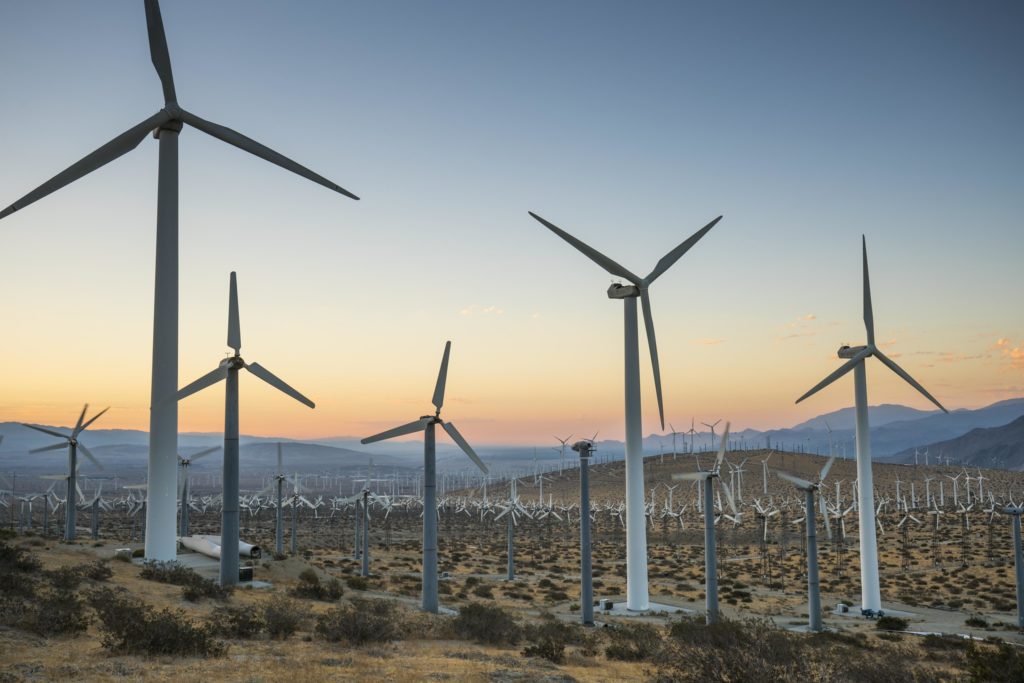
During the Industrial Revolution, humans started burning coal. Then, humans burned a lot more fossil fuels and cut down forests, causing greenhouse gas emissions that warmed our planet.
Today, the average global temperature is at least 1.1 degrees Celsius above preindustrial levels — and scientists say we must limit further warming to 1.5 degrees.
The final installment of the United Nations’ latest report on climate change, released Monday, lays out the solutions needed to accomplish this task — though it makes clear that it is “almost inevitable” that temperatures will exceed this threshold under nations’ current pledges.
But success is possible.
The report found that, first and foremost, fossil fuels must be phased out, and plans to build new fossil fuel infrastructure should be halted. This part falls to governments and corporations, which have consistently blocked such efforts.
“The truly dangerous radicals are the countries that are increasing the production of fossil fuels. Investing in new fossil fuel infrastructure is moral and economic madness,” said U.N. Secretary-General António Guterres.
Tennessee is planning for more fossil fuels
This is happening locally now. The Tennessee Valley Authority has indicated that it will replace its retiring coal plants with gas, another fossil fuel. (For example, the utility is working on an Environmental Impact Statement this year to determine whether to replace its Cumberland coal plant with gas or solar, and a pipeline company has already pre-filed with the Federal Energy Regulatory Commission in anticipation of a gas buildout.)
This prompted dozens of organizations to form the Clean Up TVA Coalition, announced this week, which demands that the utility transition to entirely clean energy by 2030.
“We have to do everything we can to tackle the climate emergency, and we see TVA as an opportunity to make that pivot and show utilities across the country what’s possible,” said Gaby Sarri-Tobar, an advocate with the Center for Biological Diversity and a coalition member.
 Courtesy Bureau of Land Management
Courtesy Bureau of Land Management A new group, the Clean Up TVA Coalition, says the Tennessee Valley Authority should replace its fossil fuel generation with renewable sources like solar.
In response to the coalition, TVA says it welcomes feedback and will be requesting public comment on the draft Environmental Impact Statements for the Cumberland and Kingston plants later this year.
“We always support the right to share opinions and welcome input,” TVA said in a statement.
A massive renewable energy buildout would help with the first IPCC deadline — halving emissions by 2030 — and then electrifying transportation, buildings and heating with a clean grid would amplify these emission reductions.
“You get a double whammy when you clean up electricity sources through renewables,” said Maggie Shober, a utility expert at the Southern Alliance for Clean Energy.
The energy transition will be in the peripheral for most folks, while other climate work will parallel more visible efforts to preserve nature, clean air and make communities healthier and more just. These solutions are diverse, ranging from soil restoration and plant-based diets to preserving forests and redesigning cities with more nature and walk- and bike-ability.
Finally, the report found that there needs to be research on emerging technologies like green hydrogen fuel and carbon capture and storage to tackle tricky emission challenges from sources like cement and planes.
Without rapid emissions cuts across all sectors, the report said the 1.5-degree target will be out of reach.

